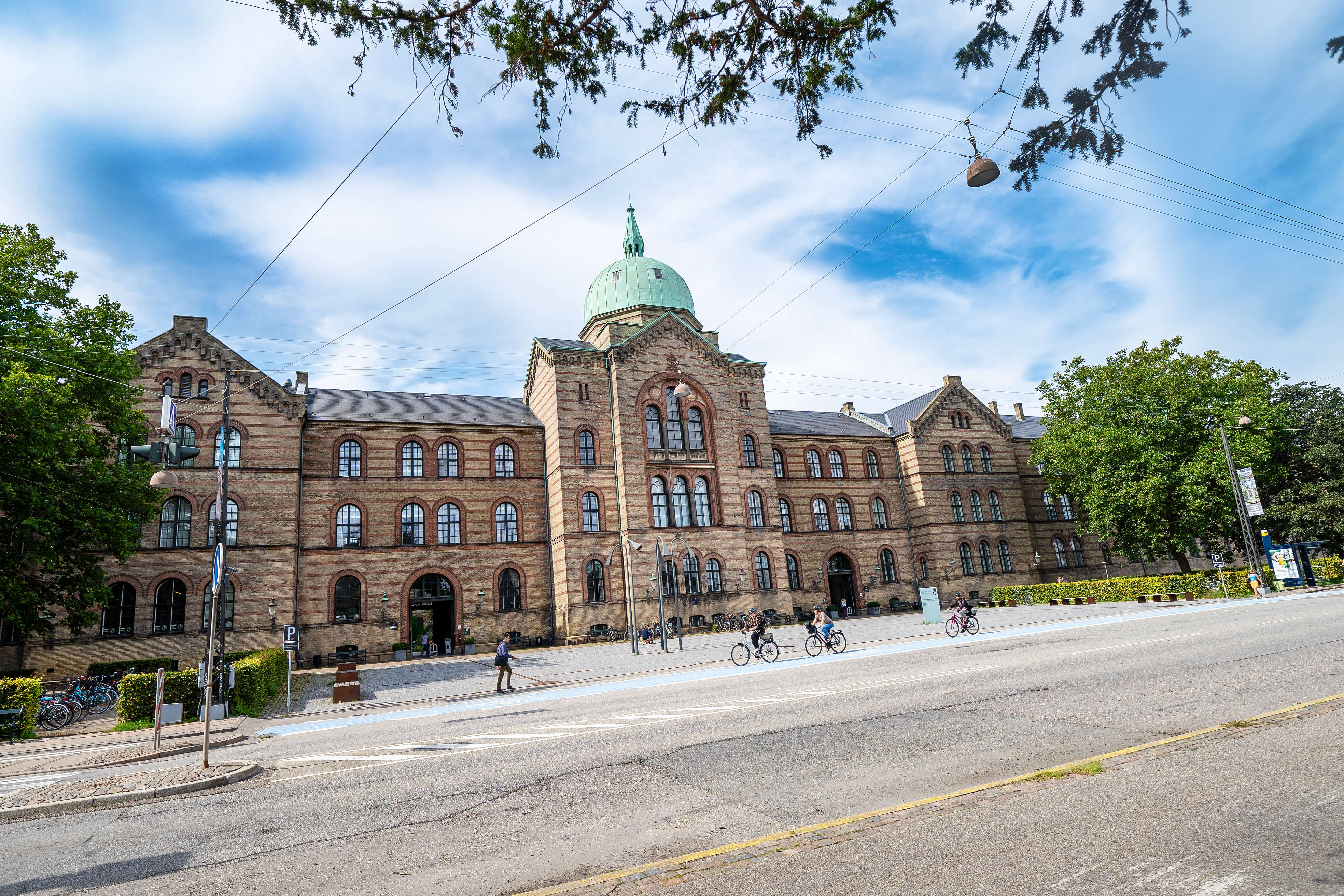New international pioneer centre for medical data research
Aarhus University, the University of Copenhagen and University of Oxford are now joining forces to create a new pioneer centre that will become a significant international partner for data-driven medical research. The pioneer centre is anchored at Aarhus University with hub sites at each of the three universities and with a total grant of DKK 250 million.

Can research on diseases as diverse as, for example, diabetes, cardiovascular diseases, psychiatric disorders and endometriosis be linked? The answer is yes if the research focuses on collecting and analysing large amounts of data from both Danish and international registers and biobanks to learn more about, among other things, risk factors, relationships, patterns, treatment and consequences.
And this is exactly what a new international pioneer centre, The Pioneer Centre for SMARTbiomed (Statistical and Computational Methods for Advanced Research to Transform Biomedicine), will do. The pioneer centre has three main objectives:
- To bring together multidisciplinary research teams to develop new methods for analysing biomedical data.
- To develop data platforms and software for biomedical research that are based on real medical issues and that are easily applicable.
- To establish an internationally leading learning and career environment in health data research.
At the University of Copenhagen, the hub is anchored at the Department of Public Health.
“We will get a powerhouse here at SUND, which promises to make our rich data in registers, cohorts, clinical notes, etc, far more useful for novel treatments and the identification of new biological mechanisms. At the Department of Public Health, we are delighted to house a hub of the center that will not only develop methods but ensure that those methods are made available to all researchers worldwide as quickly and reliably as possible. This is also a great advantage to SUND researchers, who will have direct access to the center and methods even during the development phase,” says Theis Lange, Head of Department.
Associate Professor Erin Gabriel will lead the hub at the University of Copenhagen.
“The center will unite international experts in common complex diseases, register data, genetics, statistics, and machine learning, and focus their collective knowledge towards a common goal. Although all methods will be developed with a specific question for common complex disease research in mind, they will be applicable and available for broader application in common complex disease, medical, and public health research. I am especially excited about the potential of the center to advance the application, theory, and methods for causal inference, she says.”
Professor Naomi Wray, University of Oxford, will be head of the SMARTbiomed pioneer centre. Professor Wray will also take up a position at Aarhus University.
“Collecting large amounts of biomedical data and using them to improve disease management requires both medical, statistical and computational approaches. SMARTbiomed will bring together a group of international researchers who know how to ask the right questions, who understand the complexity of data and who can translate it all into advanced treatment of diseases and disorders common in society,” says Naomi Wray.
SMARTbiomed is anchored at Aarhus University, and Rector Brian Bech Nielsen is pleased that the collaboration has been successfully established.
"Collecting and analysing health data at this scale is important for our understanding and treatment of diseases. This is why this new pioneering centre is a big step forward for international health research. I'm both happy and proud that Aarhus University is hosting this unique collaboration between three strong international universities," says Brian Bech Nielsen.
SMARTbiomed has become a reality on the initiative of the Ministry of Higher Education and Science and thanks to a total donation of DKK 250 million from the Lundbeck Foundation, the Novo Nordisk Foundation, the Villum Foundation, the Carlsberg Foundation, and the Danish National Research Fund.
Senior Vice President of the Lundbeck Foundation, Jan Egebjerg, says:
"SMARTbiomed is another strong example of how a joint effort between public and private foundations can boost a basic research field, in this case benefiting a number of biomedical research areas. And we believe that we need to work across disciplines and national borders if we are to strengthen Danish research so we can solve complex global health problems."
Contact
Associate Professor Erin Gabriel
erin.gabriel@sund.ku.dk
+45 35325609
Rector Brian Bech Nielsen, Aarhus University
rector@au.dk
+45 23 38 23 49
Press Officer Søren Thiesen
s.thiesen@sund.ku.dk
+45 28 75 29 34
